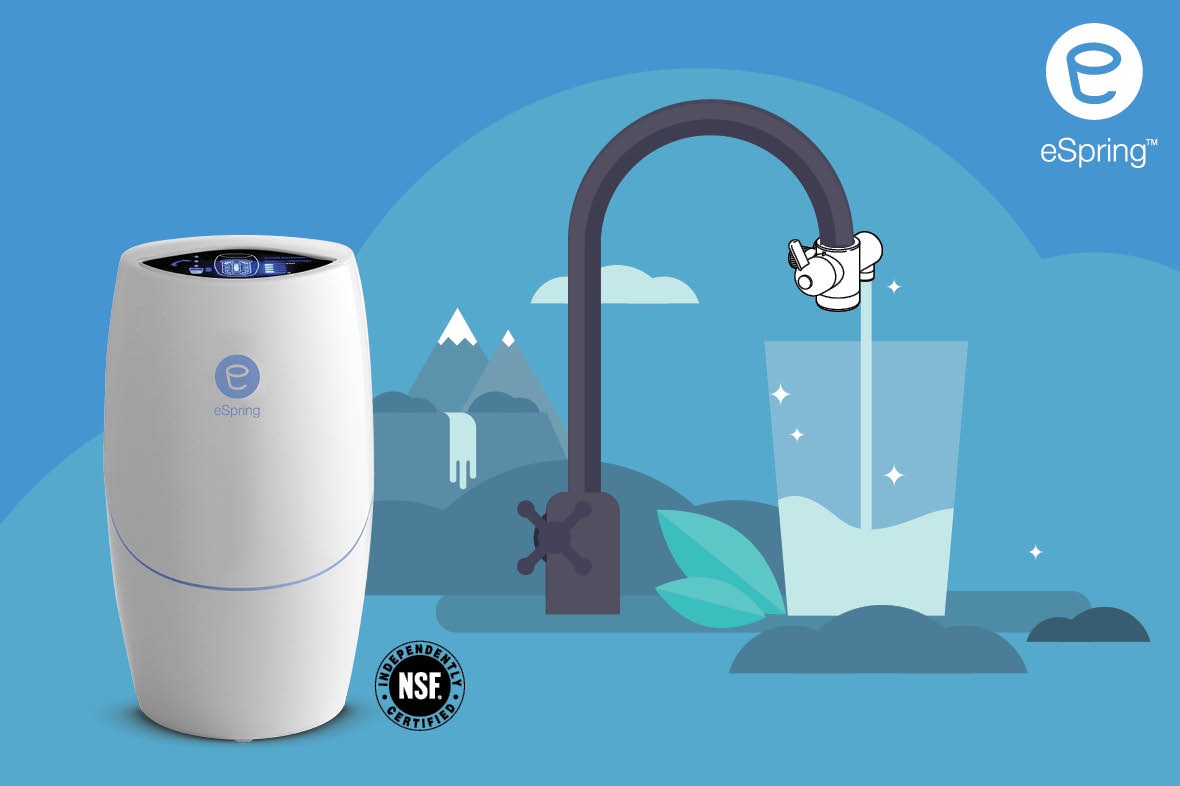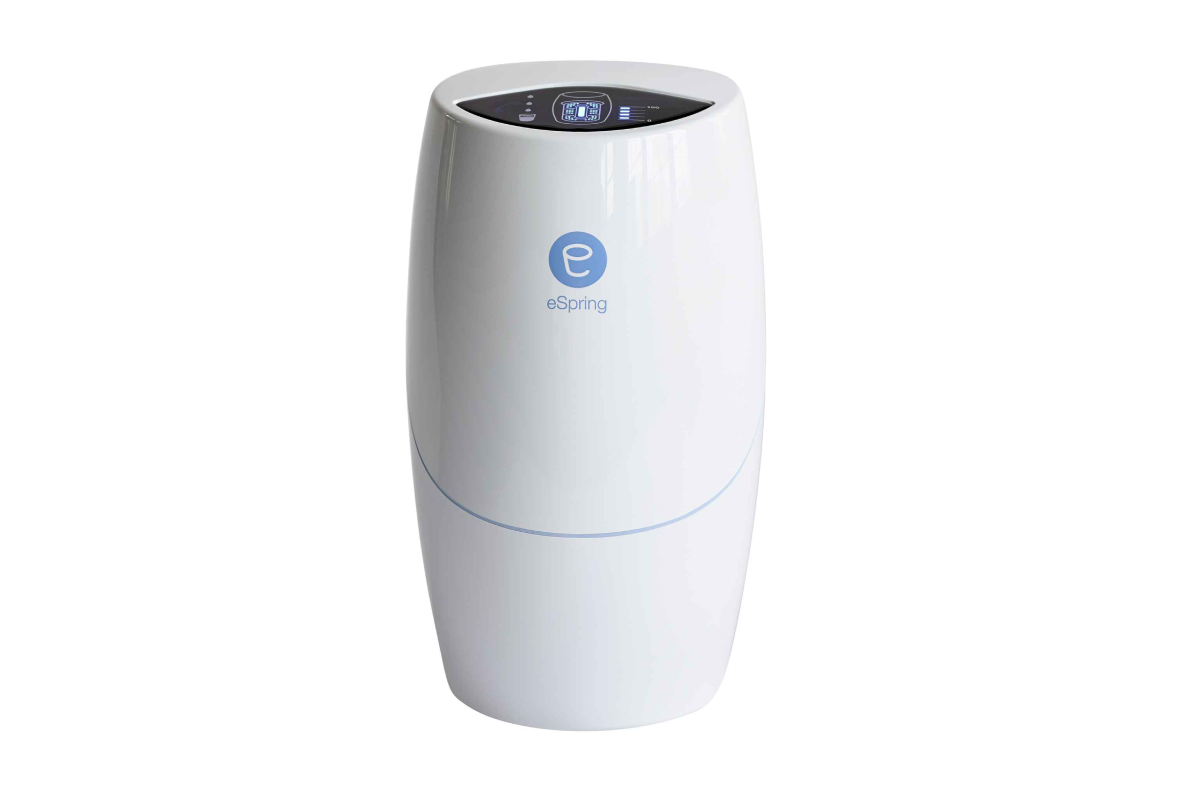

Water is crucial to our health and plays a vital role in helping us to maintain proper body functioning. A lot of questions have been raised about the quality of water that comes through our taps at home – so just how safe is it?
No. While Hong Kong’s water supply goes through a rigorous treatment process to ensure the water quality is fit for drinking, water may be contaminated during the transportation process. Furthermore, aging water pipes, cracked or rusted tubes, and inadequate cleaning of water tanks can all result in water becoming polluted.
No. Most organic compounds and inorganic compounds (such as heavy metals) are colorless and odorless, plus there may be various invisible viruses and bacteria in the water. The pure and clear tap water you see may actually contain different pollutants.
No. The chlorine added to drinking water to disinfect and kill germs may be eliminated when the water is boiled, but at the same time trihalomethane, a known carcinogen, may be produced. In addition, heavy metals, organic pollutants and impurities cannot be removed by boiling.
Not really. Once bottled water is opened for drinking, the bacteria inside will breed rapidly and it needs to be consumed as quickly as possible. In addition, there is a higher presence of plastic particles in bottled water than in tap water, and it may release harmful substances that can affect our health. Also, distilled water does not contain minerals that are essential for the human body, which could affect our health if consumed over the long term. More importantly, bottled water results in a large amount of plastic waste that is not friendly to the environment.
Tips for Drinking Water Safely
Don’t drink “overnight” water
Water that sits in the pipe for a long time may show an accumulation of sediment. It is suggested to let the water run for at least two minutes before using it.
Clean taps regularly
Dust and bacteria can accumulate on taps over time. To ensure safety and better water quality, it is recommended to clean taps regularly.
Check the water supply system
All water system equipment should be regularly inspected and maintained, and water storage tanks should be cleaned and disinfected at least every three months. Check with your building management on the maintenance of your water supply system.
Choose a reliable water purifier
Not all water purifiers can effectively remove contaminants from drinking water, so it is recommended to choose a water purifier that is National Sanitation Foundation (NSF)-certified. NSF provides certification and testing services for water quality and food safety and has been designated by the World Health Organization as a global drinking water safety and filtration cooperation center. NSF provides authoritative certification that is recognised internationally, so water purifiers certified by NSF are trustworthy.

Save to
Delete
Are you sure?
Do you really want to delete this bookmark list? This process cannot be undone
Confirm